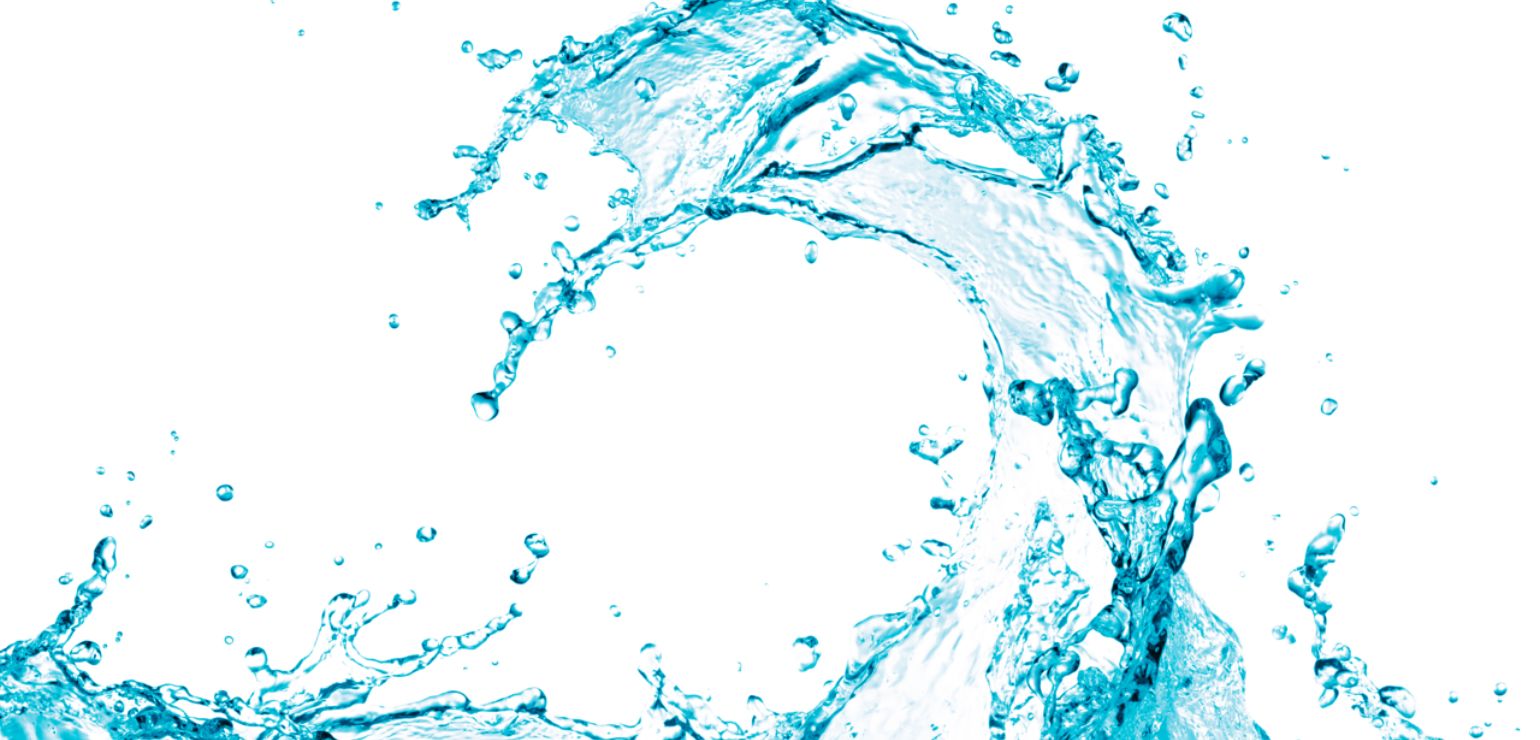Recent Project, Water Management
Successful water purification projects by HydroSolutions
Project info
Water purification projects by HydroSolutions
- Company name: Hydrosolutions Ltd
- Founded:
- Website: www.hydrosolutions.ch
- Location: Zürich, Switzerland
Comprehensive Water & Energy Security Analysis for the Irrigation Sector in Ukraine
Project Overview:
Type: Analysis
Year: 2023
Location: Ukraine
Client: World Bank
Objective: To assess the current water and energy security situation in the irrigation sector of Ukraine and provide recommendations for improvement.
3. Methodology:
- Analysis of data on irrigation, water supply, and energy consumption in the agricultural sector of Ukraine.
- Satellite remote sensing and water balance modeling
- Modeling of different scenarios to assess the potential impact of different strategies.
- Consultations with experts and stakeholders.
4. Findings:
- Low irrigation rate: only 1.3% of agricultural land was irrigated on average between 2017-2021.
- Dominance of rainfed agriculture: 98.7% of agricultural land.
- Low efficiency of large-scale irrigation systems: high energy consumption, costs, and CO2 emissions from lift irrigation.
- Recommendations for improving irrigation systems: increased efficiency, reduced energy consumption, reduced CO2 emissions.
5. Achievements:
- Increased awareness of water and energy security issues in the irrigation sector of Ukraine.
- Developed evidence-based recommendations for improving the irrigation system.
- Potential for improved irrigation system: increased efficiency, reduced energy consumption, reduced CO2 emissions.
Climate Resilient Integrated Water Resources Management in the Zarafshan River Basin
Type: Water Resources Management
Location: Zarafshan River Basin, Uzbekistan (cities of Samarkand, Bukhara, Navoi, and Karshi)
Year: 2023 – ongoing
3. Challenge:
- Unsustainable water use in the agricultural sector exceeds the basin’s water availability.
- High water demand due to the extensive irrigated agricultural land area (1.1 million hectares).
- Significant water loss through reservoir evaporation (30% per irrigation season of total storage capacity).
- Strong population growth in the basin
4. Solutions Explored:
- Using satellite-based remote sensing to effectively improve the understanding of key water balance components.
- Implementing water-saving irrigation practices and modernizing irrigation infrastructure to reduce water losses to improve water use efficiency in agriculture.
- Exploring alternative water resources, such as treated wastewater.
5. Project Impact:
- The project contributes to ongoing efforts towards sustainable water management in the Zarafshan River Basin.
6. Additional Information:
- The project focuses on the Uzbek part of the Zarafshan River Basin.
- The total storage capacity of reservoirs in the region is estimated at 2.6 billion cubic meters.
HYDRO4U – Sustainable Small-Scale Hydropower in Central Asia
Type: Innovation Action Initiative
Funder: European Union’s Horizon 2020 scheme
Location: Central Asia
3. Objective:
- Advance and refine sustainable, practical technologies, strategies, and evaluation tools for small-scale hydropower in Central Asia.
- Address the typical challenges associated with hydropower development in the region, encompassing technical, ecological, economic, and social dimensions.
- Contribute to a long-lasting positive impact on Central Asia by implementing sustainable small-scale hydropower solutions.
4. Project Scope:
- Adaptation of European technologies to the Central Asian context.
- Demonstration of project viability through the installation and assessment of two small-scale hydropower plants:
-
- A low-head, eco-friendly run-of-river shaft plant with up to 500 kW capacity.
- A medium-head plant with approximately 2 MW capacity.
-
- Both plants aim to achieve reduced planning and construction costs without compromising on efficiency and sustainability.
5. Project Impact (expected):
- Increased access to clean and reliable hydropower energy in Central Asia.
- Reduced dependence on fossil fuels and associated environmental impacts.
- Contribution to regional economic development and job creation.
- Fostering knowledge exchange and collaboration between European and Central Asian stakeholders in the renewable energy sector.
